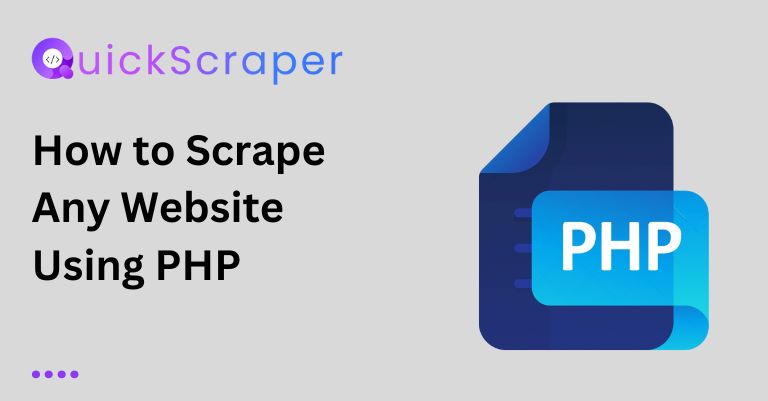What is the key distinction between web scraping and data APIs?
Web scraping involves automated extraction of data directly from web pages, while data APIs provide a structured interface for accessing data from a source’s designated endpoints.
Are there legal concerns associated with web scraping?
Yes, web scraping can potentially raise legal issues if it violates a website’s terms of use or copyright laws. It’s crucial to review a website’s terms and conditions before engaging in web scraping.
Can I scrape any website I want?
While web scraping is technically possible for most websites, it’s essential to respect ethical and legal boundaries. Some websites explicitly prohibit scraping in their terms of use.
Are data APIs always a better choice than web scraping?
Not necessarily. Data APIs provide structured data and a controlled access method, making them a safer option. However, web scraping offers more flexibility in data extraction and can capture real-time and historical data from websites without APIs.
Do all websites offer APIs for data retrieval?
No, not all websites provide APIs. Some websites may offer limited APIs, or none at all, which may necessitate the use of web scraping to extract data.
What technical skills are required for web scraping and using data APIs?
Web scraping requires coding skills, often in languages like Python, to create and maintain scraping scripts. Using data APIs requires familiarity with API documentation and integration techniques.
